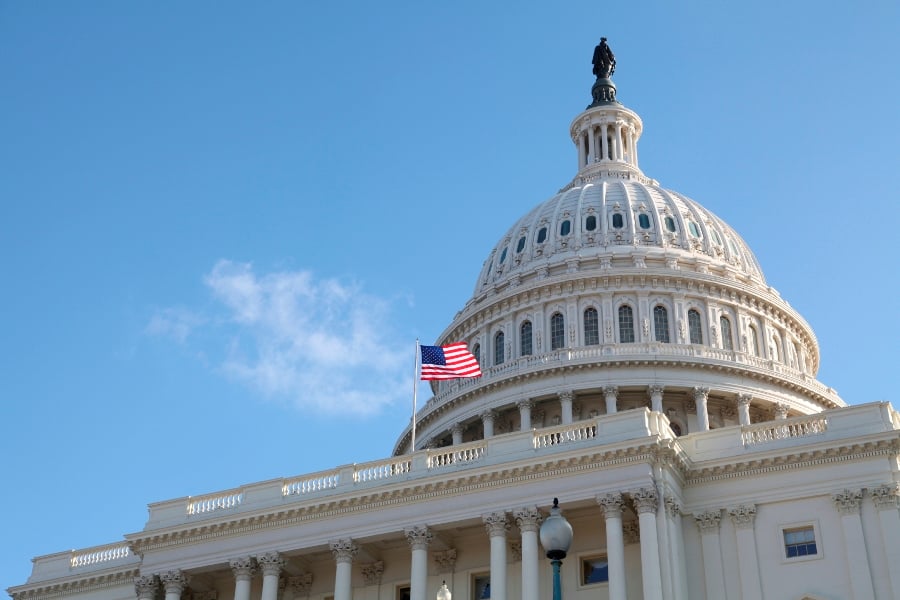Investment advisers are encouraged that the U.S. House of Representatives is set to consider legislation that would forever enshrine in the tax code special treatment for certain charitable donations, but they're keeping their expectations low.
Later this week, the House is likely to vote on a bill that contains a
package of tax breaks, including one that makes permanent tax-free distributions from individual retirement accounts to charitable organizations.
For the last several years, the IRA-donation provision has been included among so-called tax extenders that
expire and have to be renewed by Congress late in the year at the end of a session. As one of its first actions in the new Congress, the House Ways & Means Committee approved several bills that make some of the extenders permanent.
Advisers welcome changes to the tax code that remove planning guesswork for them and their clients.
“If it's going to get renewed every year, just make the thing permanent and give advisers certainty,” said Ed Slott, founder of Ed Slott and Co., an IRA consultant.
The IRA provision is popular because it allows people who are older than 70-and-a-half to give an IRA distribution to charity without raising their adjusted gross income.
“These kind of benefits should always be encouraged,” said Bradford Pine, owner of Bradford Pine Wealth Group. “It's a win-win. The American people are among the most generous in the world.”
Clients like to see their donations go to work, often locally.
“The money stays in one's community, and it doesn't get filtered through Washington, where one dollar ends up as 15 cents,” said Christopher Markowski, president of Markowski Investments.
But Mr. Slott and other advisers are skeptical that Congress will sort out the situation once and for all. They cite the tendency by politicians to keep the tax code uncertain as a way to solicit political support and campaign contributions.
There are also legislative hurdles that make it difficult to move a stand-alone bill on permanency for some tax extenders.
“This never gets done on its own,” Mr. Slott said. “It all depends on what it gets attached to.”
In previous sessions of Congress, the Obama administration has opposed making tax-breaks permanent without paying for them. That skepticism may take root among the 46 Senate Democrats, who would be able to prevent the House charitable-donation bill from coming to the Senate floor.
There may also be a desire among Senate Republicans and Democrats to do all tax reform within one major overhaul bill rather than piecemeal.
“As a standalone measure, it faces a bumpy road,” said Jason Rosenstock, a partner at Thorn Run Partners, a political consulting firm. “This is all part of posturing for the debate on tax reform.”







